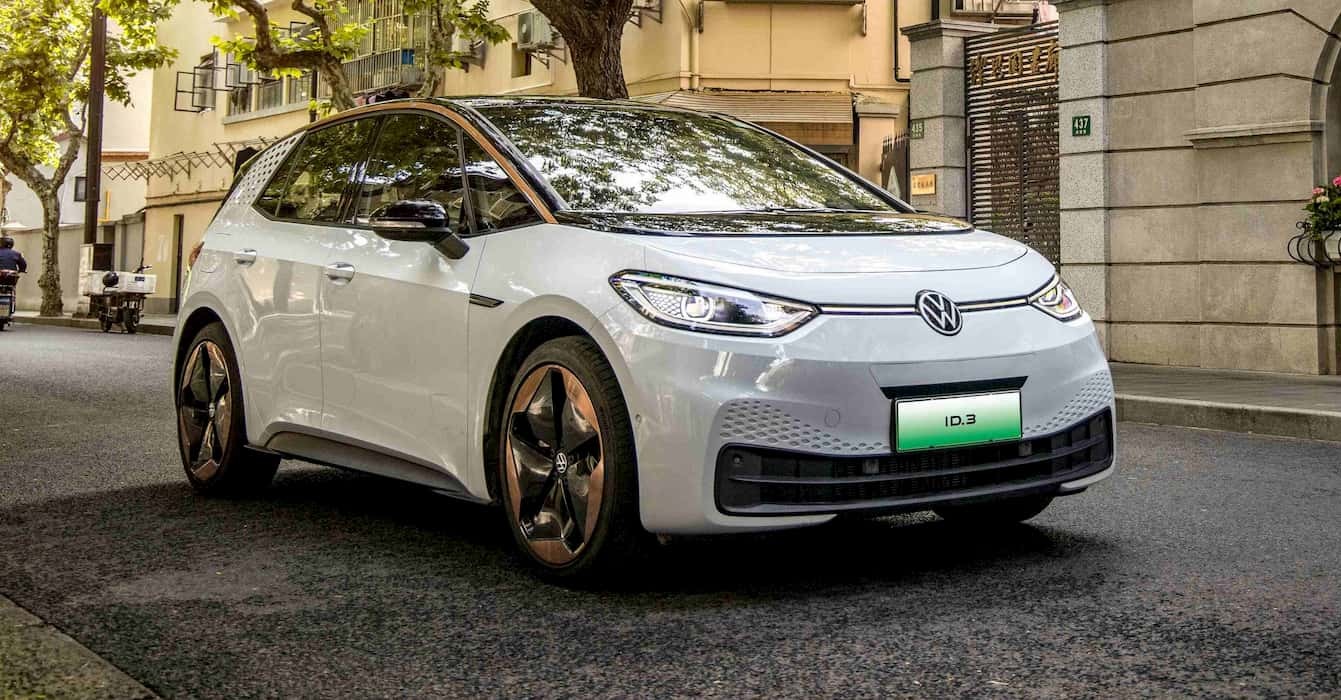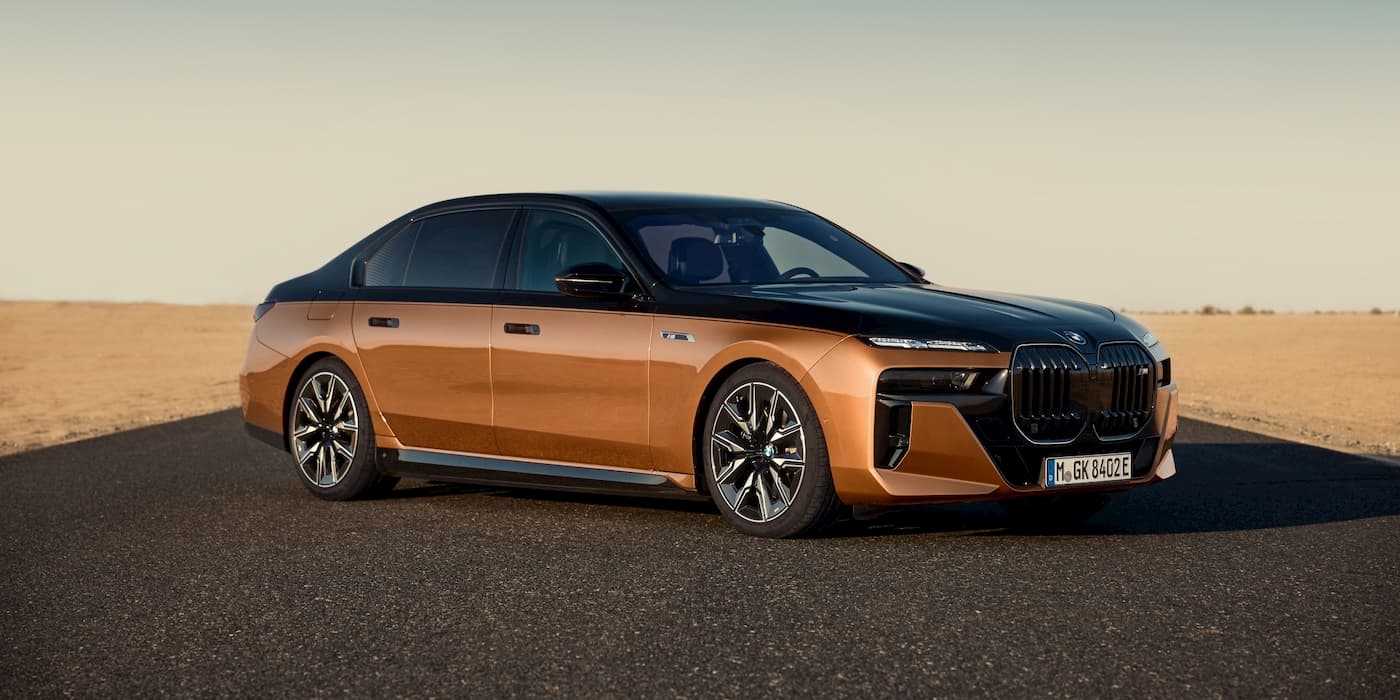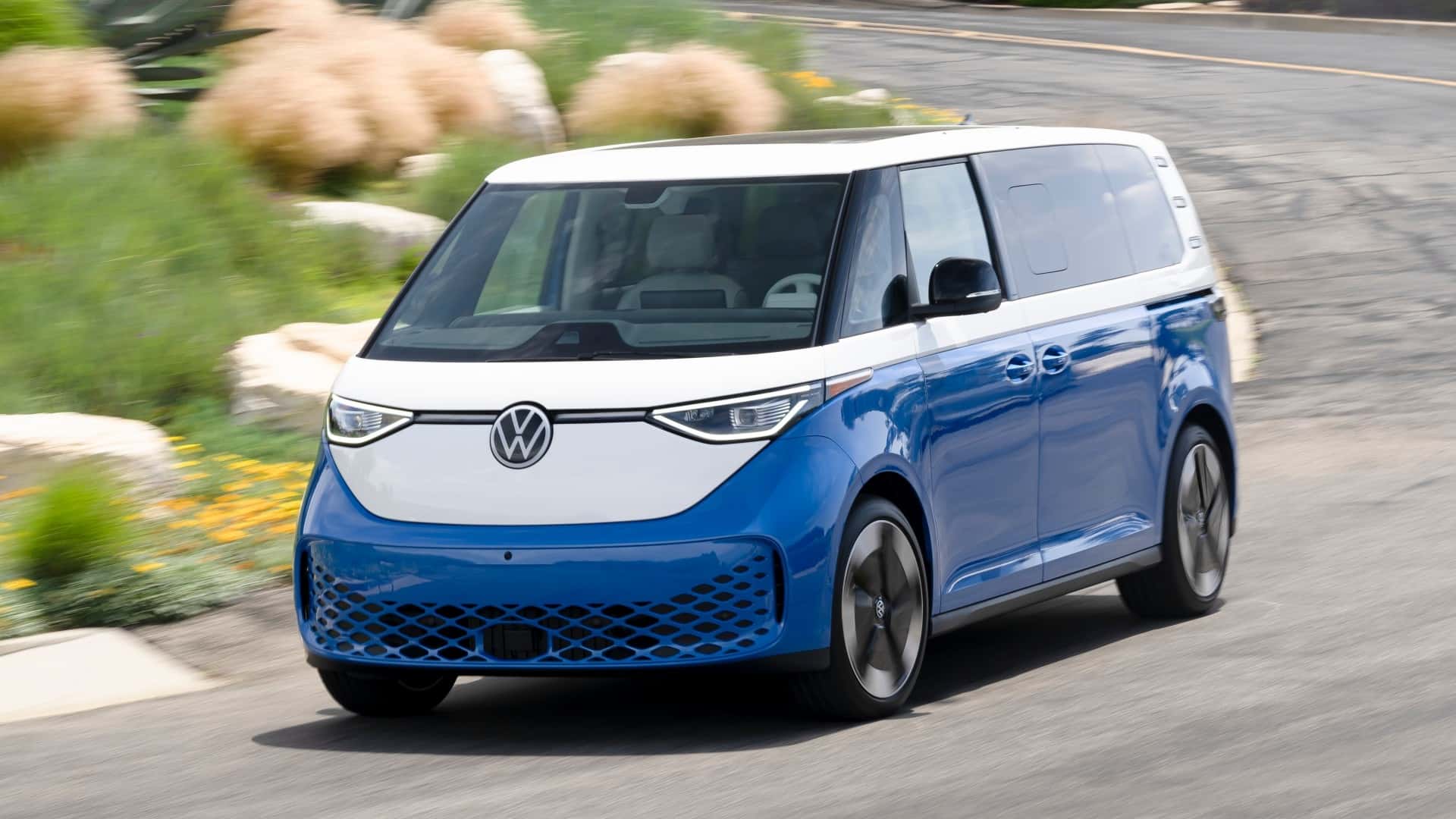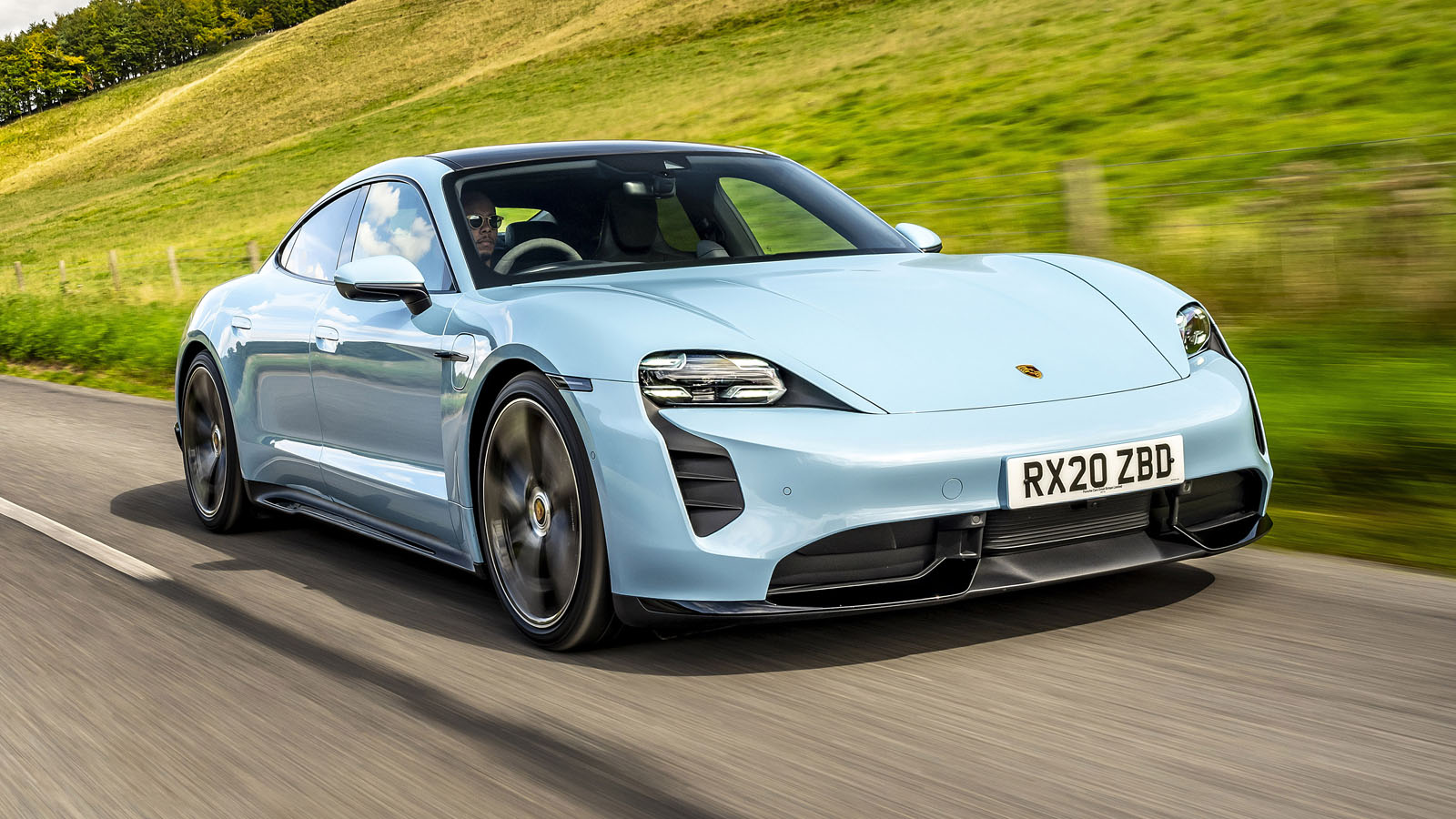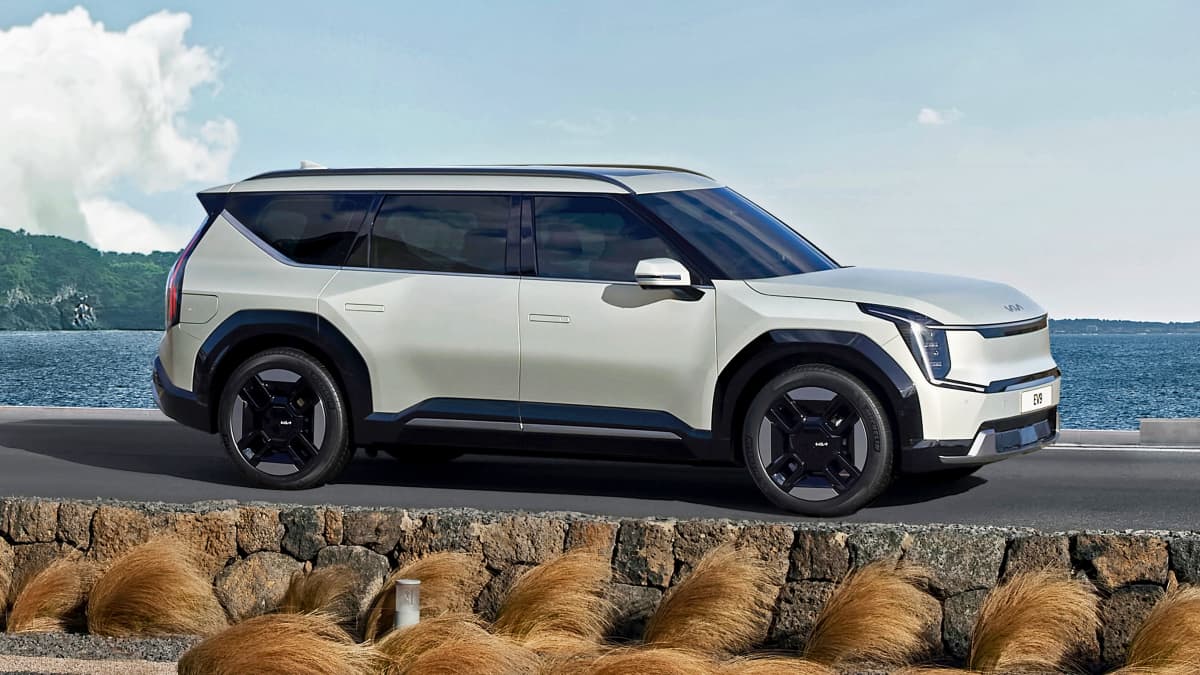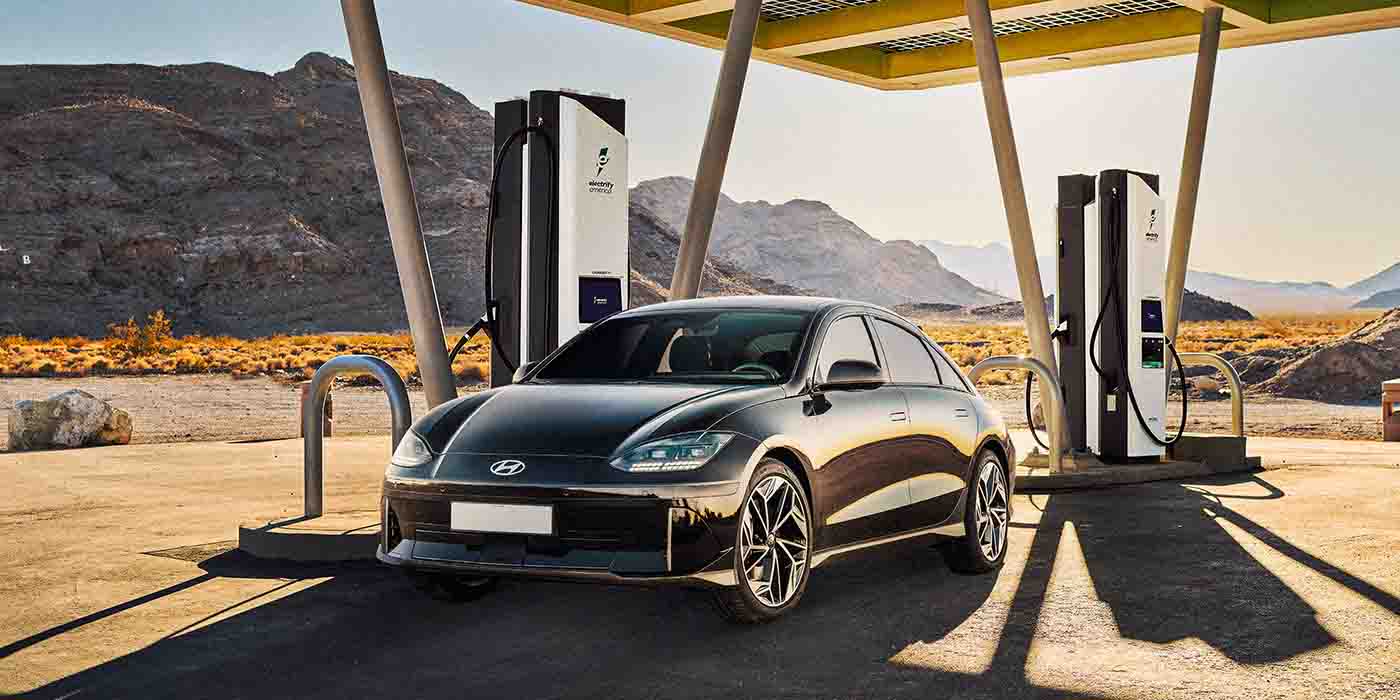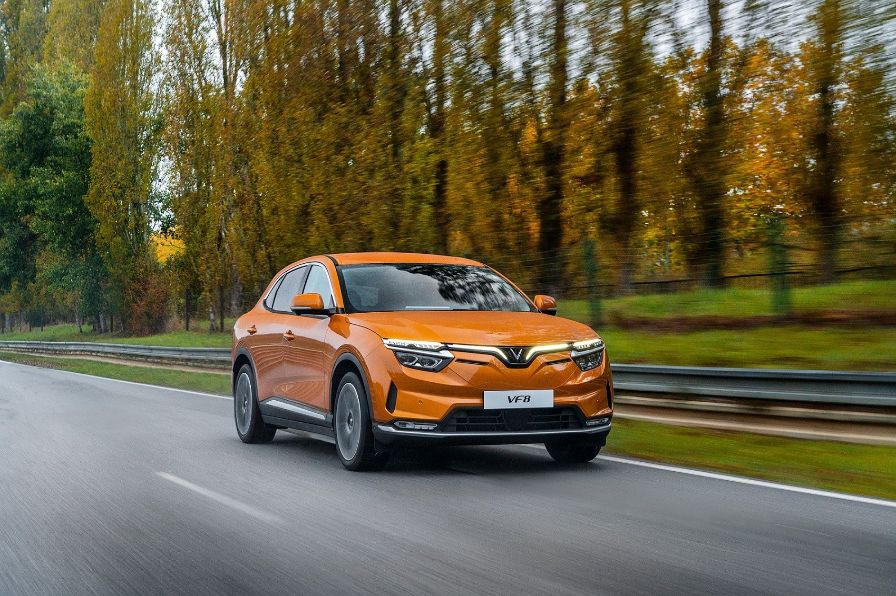Germany is experiencing a sharp decline in demand for electric cars, with the reform of the environmental bonus and reduced purchase premiums taking effect at the start of 2023, according to a media report. The situation is particularly alarming for Volkswagen, one of the leading manufacturers in the country.
In June, the German Federal Motor Transport Authority (KBA) reported an increase of 64.4 percent in new electric car registrations compared to the previous year, totaling 52,988 vehicles. However, this positive growth is primarily attributed to remaining orders from 2022. Manager Magazin, a German business portal, highlighted that various manufacturers, including Renault, Audi, Mercedes, Porsche, and Tesla, are struggling to sell their electric cars. The boom experienced in recent years seems to have vanished.
See also: Volkswagen Faces Demand Challenges for Electric Models in Europe
The decline in demand is especially worrisome for Volkswagen. At the beginning of the year, the order backlog for Volkswagen’s electric car plant in Zwickau amounted to nearly 300,000 cars. However, the number of orders has significantly decreased to less than half. A dealer from the Volkswagen Group expressed concern, stating that since January there has been a notable reluctance to purchase electric cars across all brands. Last year, the ID.4, Volkswagen’s electric SUV, received 75,000 orders, but less than 20,000 orders remain unfulfilled. Unless the situation improves swiftly, production at the Zwickau EV plant may be reduced from three shifts to two. This would affect several of Volkswagen’s electric vehicle models, including the ID.4, ID.5, ID.3, Cupra Born, and Audi Q4 e-tron SUV and Sportback.
Furthermore, it was recently reported that Volkswagen has temporarily scaled back electric car production at its Emden plant. In Wolfsburg, where Volkswagen established an additional production line for the ID.3, only a small number of these vehicles are currently being produced each day. Demand issues for Volkswagen’s electric models are not limited to Germany; they extend throughout Europe, according to Handelsblatt.
The Volkswagen board in Wolfsburg is acutely aware of the gravity of the situation. Manager Magazin describes a fiery speech delivered by Volkswagen brand manager Thomas Schäfer to around 2,000 managers worldwide, where he expressed the urgency of the situation. “The roof is on fire,” Schäfer reportedly said, emphasizing that the company faces a perfect storm with the economy heading toward a recession and competitors in the same segment earning two to three times more profit than Volkswagen. As a response, Schäfer implemented an immediate spending freeze, as reported by the magazine. However, Volkswagen has not officially confirmed this information.
While the article suggests that the decline in electric car orders is attributable to the environmental bonus reform, it primarily relies on figures from the VW Group. Porsche, for instance, mentions that demand for the Taycan in Germany has halved without providing a source. However, since the Taycan is not eligible for subsidies, the environmental bonus amendment cannot be the reason for its decline. The report also notes a similar decline in demand for Tesla, observing unusually full yards and car parks in recent weeks.
Finally, the report suggests that Volkswagen may have contributed to its own problem. During the semiconductor crisis and production challenges following the conflict in Ukraine, Volkswagen instructed its dealers to extend expiring leasing contracts to keep customers mobile. However, when production ramped up faster than anticipated, there were still no buyers as customers were fulfilling their extended leasing agreements.

